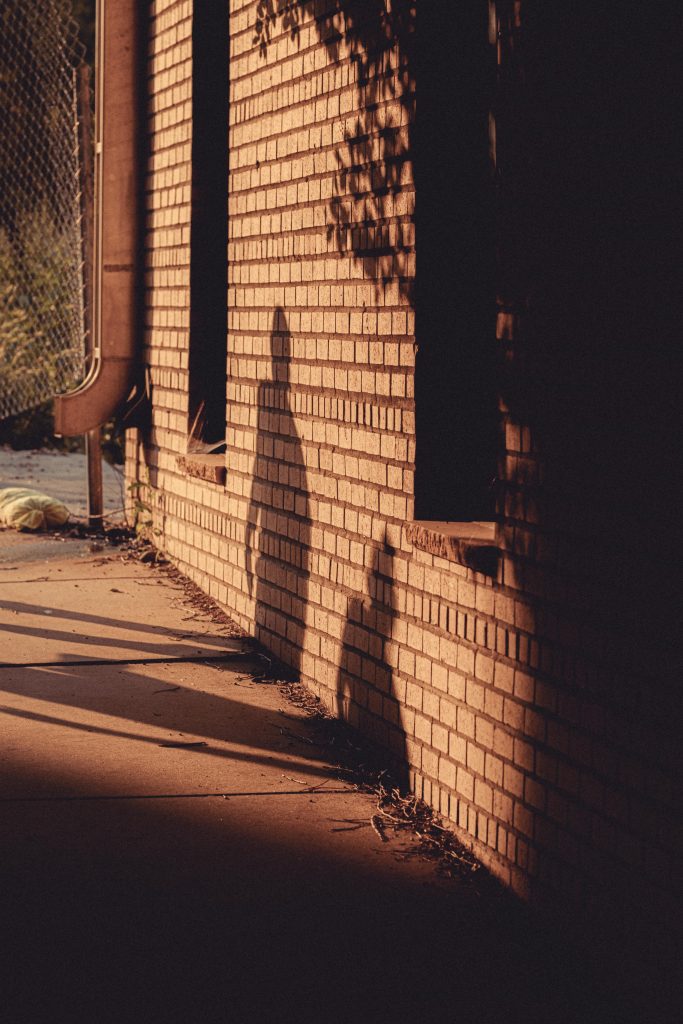The journey of healing begins with asking for help
By Abak Hussain
Hearing about the divorce of a close friend of mine opened up to me a wide variety of conflicting of thoughts and feelings, and I knew I was in for a learning curve.
It wasn’t the first dissolution of marriage I had witnessed, and it wouldn’t be the last – and it didn’t come as a surprise either. And yet, the duration and the aftermath felt like a curveball. While my friend grappled with things that were beyond my comprehension, I was also faced with the question – what is the appropriate behavior for me here? Do I say I’m sorry, or will that seem laced with condescension and come across as unwelcome pity?
Is it something to even feel sorry about, if the divorce means my friend can finally begin the process of healing and start living his life – should it not be a cause for celebration in that case? Should I, then, be congratulating him on stepping out into the light to start a new chapter? I mean, he is the one who has been giving me a crash course on how marriages can turn toxic, so AITA for wanting to high five him as say “well done”?
If only it were that simple, because after decades of socialization and conditioning, we all believe to some degree, no matter how much we claim to march to the beat of our own drums, that a certain social script is to be followed for a fulfilling and successful life. Even if we do not consciously believe it, and have rejected this script on an intellectual level, all-round expectations and the voices of our mothers and fathers and in-laws and the disapproving shadows of ancestors haunt us. These shadows seem to say: Marriage is for life, and if you were unable to make it work, that makes you a failure. These shadows make you question yourself and your choices over and over again, and just when you think you have healed and are ready to move on, they pounce on you – their presence sometimes real and sometimes imagined – to ask: “Are you sure you did the right thing? Are you sure you could not have tried a little harder and made it work?”
Among the barrage of questions that, as a friend, I was confronted with, some were practical: Quite simply, how do I navigate the murky waters of our friendship? Do I have to pick a side and cut off contact with the other party, or is a certain bland neutrality an option? Will my friend view my neutrality as a betrayal? I am old enough to understand that there are two sides to every marriage story, and though not for a second did it occur to me blame my friend and question his point of view, or add salt to his wounds at the lowest moment of his life, I also knew my role as a friend probably involved stepping out of the eye of the storm and giving him a hand when he needed an extra tug out of the emotional quicksand.
There were the navel-gazing moments on my part, of pondering my own life and marriage, comparing and contrasting, often involuntarily. If my thoughts wandered too self-indulgently, I usually caught myself just in time, and returned to the matter at hand. Then there was the journalist in me, who wanted to know the full story while retaining a cynical indifference towards my friend’s emotional state.
My friend’s long, hard, healing journey would involve multiple counselors, including highly qualified therapists both in the country and abroad, who specialize in just his particular area of need. The road involved plenty of painful soul searching, and the unpacking of things he had packed up nice and tight for the better part of four decades. He realized quickly, he told me, that the only way out of this labyrinth was to seek help. The individual, in a moment of crisis, is not capable of solving this on their own. There is no magic bullet, and therapy will not hit the spot all the time, but with time and patience, there will be breakthroughs.

Photo: Jackson Simmer
I quickly realized, with my friend’s case, that I wasn’t all that interested in the he-said-she-said, or cheering one party on at the expense of the other, even if the party in question was my friend. I am more interested in the process of healing, which has more to do with what we realize about ourselves, including our own shortcomings and blind spots. Some days we feel that everything is our own fault and we are unable to get out of that cycle. On other days, we blame the other party for every single thing, like they are the devil incarnate.
When we try to tell this to our friends or third parties, sometimes we end up looking biased, and let’s face it, a little crazy – and that can worsen the gaslighting we experience from all directions. We live in a society where exorcizing the demons of doubt is a tall order. In Bangladesh, divorce is still stigmatized in a way that many parts of the world have (thankfully) left far behind. This is not to say that a flippant attitude towards marital vows needs to be admired either, but sometimes, a relationship comes to its natural end point, or the toxicity makes it not worth suffering anymore. Sadly, the crisis here is compounded by unsupportive folks who pressure the married couple to endure the toxicity, because “that’s how our parents did it.”
A couple going through the end of a marriage, or trying to heal and find their own way in the aftermath, can be derailed in their healing journey by an offhand comment, or friends and relatives being wilfully blind to the situation. Instead of getting the support they need, the couple get judgment heaped upon them. Then there’s the can of worms regarding gender expectations. When a man seeks help for his mental wellbeing, he often receives from his male friends the energy of toxic masculinity – an age old attitude that tells men not to talk about their problems, not to show vulnerability, not to seek help, not to admit frailty, weakness, or doubt. There is that voice in our heads that says: “Our fathers never complained – they kept their mouths shut and did what they had to do. They went to work and provided for their families. They raised children and never flinched from their responsibilities. They didn’t sit around asking themselves if they were happy. They certainly never even entertained the idea of going to therapy, because that was for crazy people. In their youth, such frivolous thoughts would have earned them the belt from their fathers, so they learnt to be strong and silent.”
They were men. Right?
But with all due love and respect to our fathers, in this regard, we do not need to follow their example. A tough exterior does not make your problems go away, and there is a reason that the mental health of midlife men is nothing short of an epidemic. Our fathers possibly never got the help they needed, but we the children have more access to mental health resources than ever.
We have a chance – in this regard – to be better than our fathers. Getting professional help won’t chip away at our masculinity – we will heal, and hopefully become better sons, husbands, friends, and fathers ourselves, should we choose to have children. I am glad my friend sought help. In front of my very eyes, he has improved, he has regained his glow. Therapy has gone far beyond helping him get back his footing after the trauma of a divorce – it has given him a healthier, deeper understanding of himself, something that will help him break the harmful patterns that make him rush into certain decisions in the first place.
As for me, from the POV of a friend, witnessing his journey – absorbing various details over frequent hangouts (and enormous amounts of coffee) – has been quite enlightening, and something of a privilege.
Abak Hussain is Contributing Editor at MW Bangladesh.













